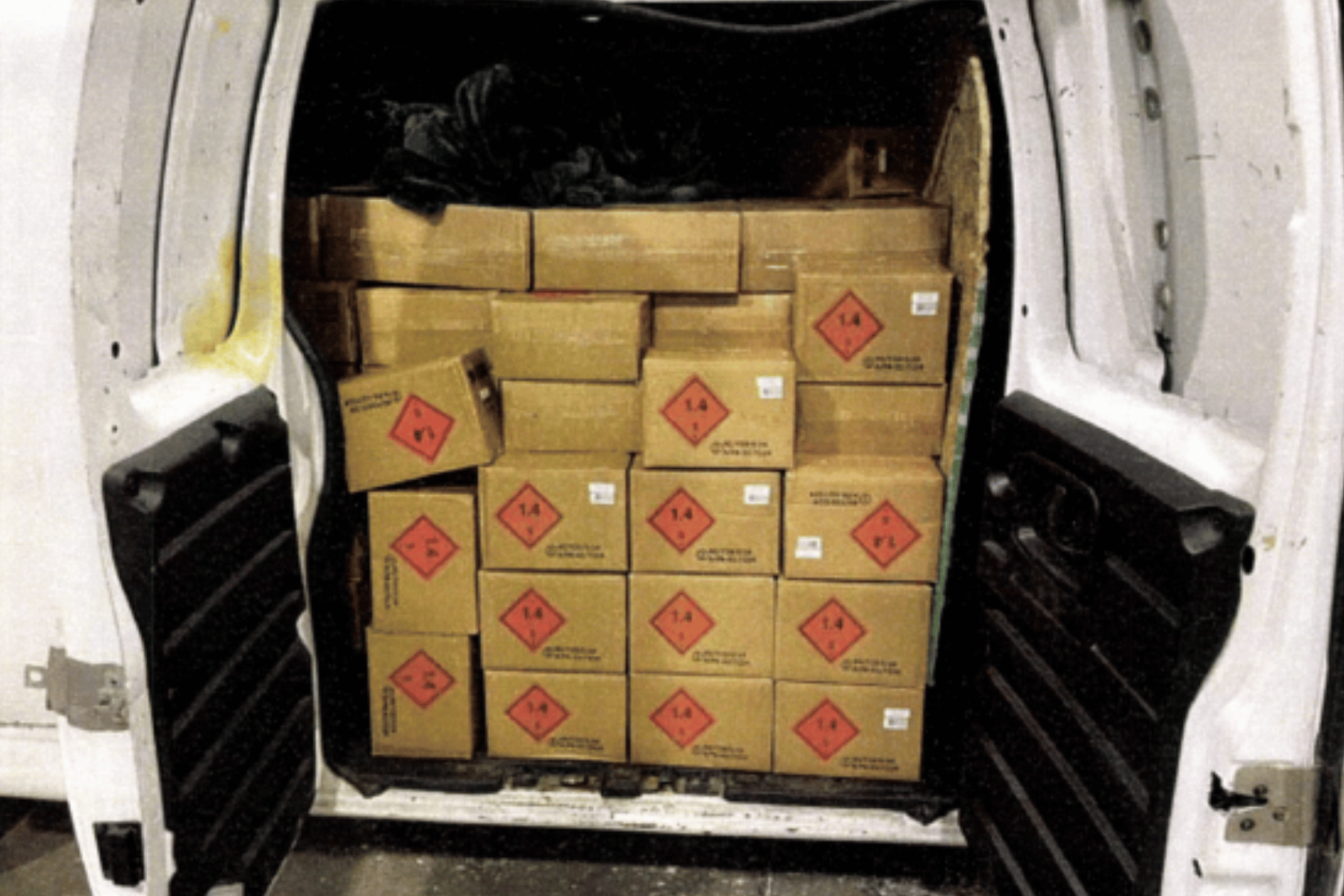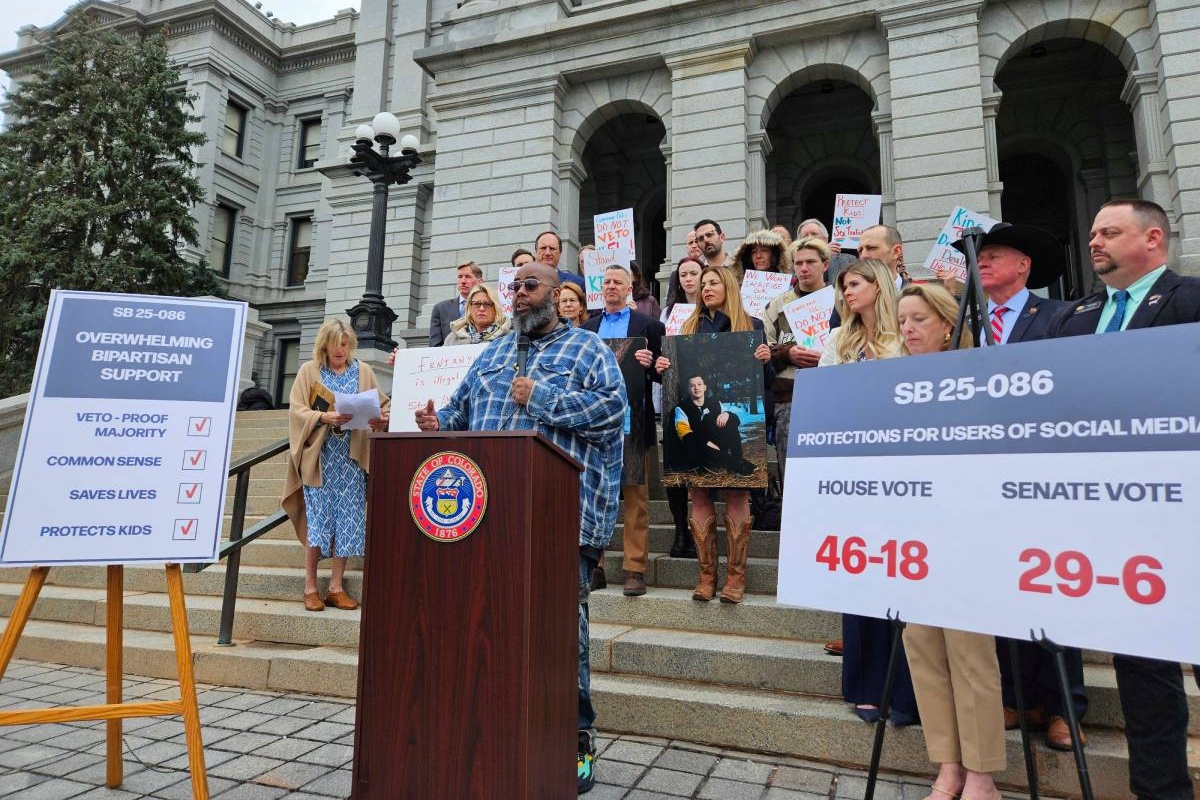
Update: On Oct 6, 2023, the Secretary of State's office announced Initiative #50 has enough valid signatures and will appear on the 2024 statewide ballot. Our original story continues below:
Colorado voters could face another property tax question next year. Supporters say this one offers a simple, statewide remedy for property owners, but opponents argue it would come with a host of complex consequences for local communities.
A conservative coalition says it submitted about 225,000 voters’ signatures in support of the potential ballot measure, currently known as Initiative #50. If at least 125,000 of them are deemed valid by the Secretary of State’s office, it will go to a statewide vote next November.
If voters approve, the measure would put a cap on how much total property tax payments can increase in the state in a single year.
The proposed cap would kick in whenever property tax revenues are expected to grow faster than 4 percent per year for the entire state. That growth rate is driven higher when property values increase, but also as a result of new construction, as well as when local voters approve tax hikes for things like schools and public safety.
Critics say the cap would make a mess: While it’s triggered by the total amount of property taxes paid statewide, property tax rates vary from city to city and county to county.
So when property tax collections grow faster than 4 percent, the state and local governments will have to collectively make changes, although the proposal doesn’t detail exactly how they would do that. Some local governments could grant tax refunds, for example. Or the legislature could approve discounts in some or all of the state.
“If [revenues] are projected to go up over four percent, this gives the legislatures and local governments the ability to figure out how to stay under that four percent,” said Michael Fields, who heads Advance Colorado Action, the group behind the campaign.
Advance Colorado is known as a “dark money” group — a political nonprofit that, like many other groups on the left and right, will not say who its donors are.
Negotiations over such a cap could get complicated — since, for example the hot real-estate market in suburban Douglas County will contribute a lot more to statewide revenue growth, compared to places like rural Otero County where the population is shrinking. Or if voters in one large county agree to raise their property tax rates, it could affect other counties by “eating up” disproportionate space in that year’s cap.
If the cap were in place, it would require the refund of approximately $115 million in revenue in 2026, according to state fiscal analysts.
The measure does allow the state government to ask voters to override the cap in a statewide vote. If a majority of Colorado voters agreed, then property tax revenues could grow at full speed for the year.
“Think of it kind of like TABOR,” Fields said, referring to the Taxpayer’s Bill of Rights, which sets similar limits.
Critics of the measure warn that a strict cap would limit local governments’ ability to keep up with demand for school funding and maintenance of basic services, especially in years when inflation is running high.
“Cutting across each district's diverse needs to set a 4 percent cap would be administratively burdensome, if not impossible. A cap would force local communities to [obey] a further state mandate like TABOR,” warned the progressive Bell Policy Center, which also operates a dark-money group, in a recent memo. “... If Initiative 50 appears too simple, that’s because it is.”
Property tax revenues have grown by an average of 6.5 percent per year since 2000, according to Bell. TABOR and another state law already place limits on the growth of property tax revenues, but many voters in many cities and counties have chosen to permanently override those limits.
Initiative #50 would effectively put some of those revenue limits back in place — and replace local votes with statewide decisions on whether to let property taxes grow.
Before voters can consider Initiative #50, however, there’s still a property tax vote in 2023
Prop. HH is set for the November election this year, after a legal effort led by Advance Colorado to keep it off the ballot was rejected by the courts.
Backed by key Democrats, it would make a complex series of changes: Property tax rates would be reduced, meaning that tax bills wouldn’t rise as fast.
But TABOR refunds also would be reduced, with hundreds of millions of dollars instead being used to stabilize and grow the state budget for schools. (Some of that money will also reduce the effect of property tax cuts on local governments.)
Democratic Senate President Steve Fenberg described Prop. HH as the “responsible alternative to provide immediate property tax relief,” in a statement on Friday, while conservatives have argued that it doesn’t do enough on property taxes, while also cutting TABOR refunds that go to all taxpayers.
The fight over Prop. HH is ramping up now. Supporters have raised nearly $750,000, including from dark-money advocacy groups that support Democrats and education reform.
Meanwhile, conservatives have raised significant money to defeat the Democratic proposal. The “No on HH” campaign has collected more than $1 million, almost entirely from the dark-money groups Advance Colorado and Defend Colorado.









